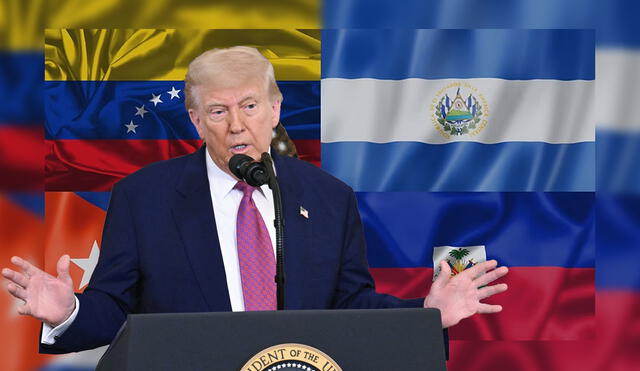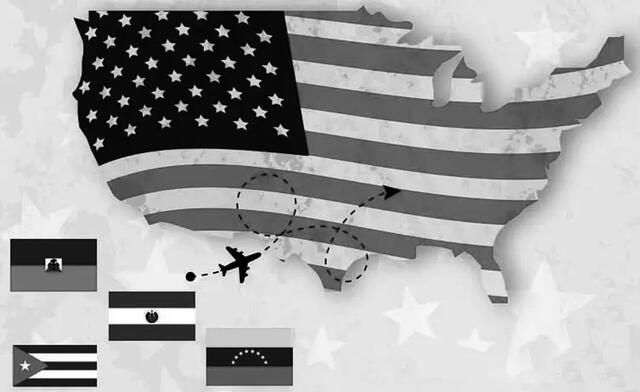DHS eliminates the humanitarian parole program from Latin-American countries
This program, created during the Biden administration, allowed migrants to live and work legally under the sponsorship of a U.S. citizen, considering the situation in their home countries.

The Department of Homeland Security (DHS) has completely eliminated the humanitarian parole program for migrants from Cuba, Haiti, Nicaragua, and Venezuela. The decision immediately bans temporary permits for migrants from these countries.
The program was established during the Biden administration to stop the migratory wave on the southern border of the U.S. The parole consists of permits backed by a "sponsor," an American citizen. With the permit, the person could live and work legally in the country, also considering the situation in their home countries.
How many people could be affected for Trump's new move?
The notification will be sent via email to people who obtained their permits through this program. It is not known if they will apply for another measure to stay in the country, but at least 500 migrants will be deported. The message will include a request to voluntarily leave the country.
The president's move is not new; he showed his intentions to shut down the program since his first day in the Oval Office. Donald Trump signed a decree to seek the end of the parole. However, after legal challenges, the measure reached the Supreme Court, which finally approved it.

Now, people from those 4 countries must leave the U.S. without an official deadline for this new measure. Photo: CurbeloLaw
Which people are affected by the decree?
The only migrants not affected by this decree are those who have achieved a different migrant status. For example, those who applied for asylum or for family reasons. One of the cases is for people with a C08 work permit who could continue working.
Another path is the Cuban Adjustment Act, which only benefits people from that country. After a year and a day in the U.S., they could apply for this Act, seeking permanent residency. However, thousands of Haitians, Venezuelans, and Nicaraguans have no other or limited options to stay in the U.S.













